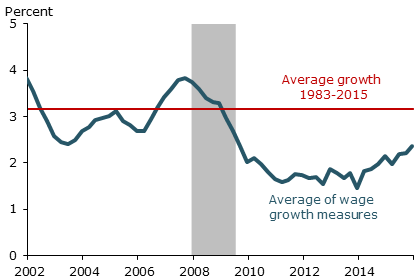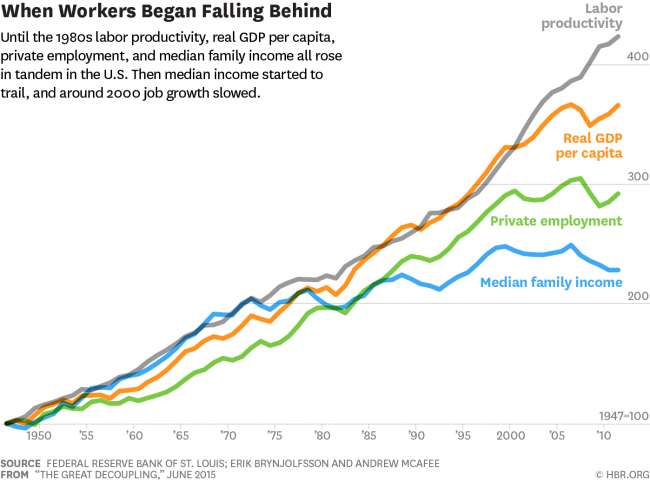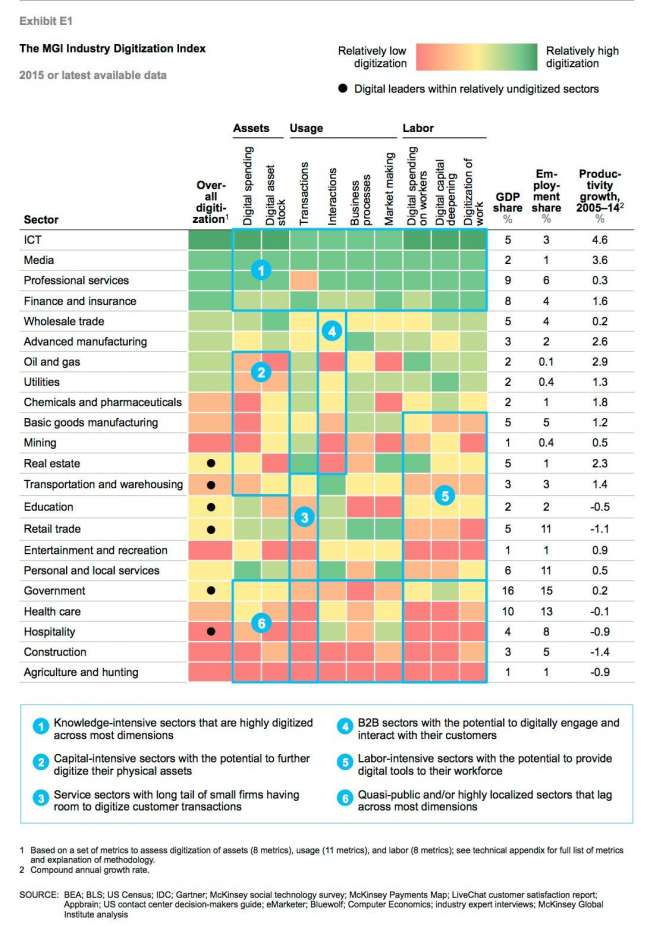Source: We Need More Alternatives to Facebook – MIT Technology Review, by Brian Bergstein
Chastened by the negative effects of social media, Mark Zuckerberg says he will tweak his service and upgrade society in the process. Should any company be that powerful?
As the head of the Federal Communications Commission observed in a 1961 speech to broadcast executives, … The problem, the FCC chairman told the group, was the way the business was making money: … Newton Minow … called it “a vast wasteland.”
…
As for why it mattered, Minow told the TV executives:Your industry possesses the most powerful voice in America. It has an inescapable duty to make that voice ring with intelligence and with leadership.
…
how to make a mass communication medium better for us? In 1961, Minow had a clear answer: “I believe that most of television’s problems stem from lack of competition.”
the problem is not that we need a slightly better Facebook. … What we need is to spend less time on Facebook.
Ideally, people would be able to form robust online communities and engage in the public square without letting any single company build a comprehensive dossier on them.


